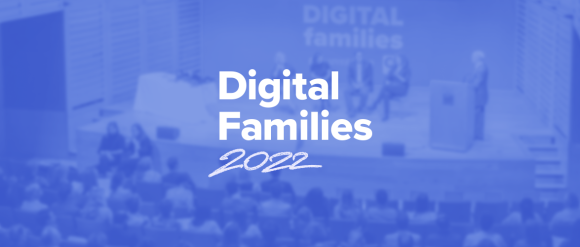Has the Online Safety Bill been shelved?
The Online Safety Bill aims to make the UK “the safest place in the world to go online” – but its progress into legislation has been put on pause due to recent changes in the UK Government.
In this blog, we look at what that means for the Bill itself – and whether this is an opportunity to correct some of its key omissions.
![]()
The long-awaited Online Safety Bill has stalled, a victim of the recent upheavals in the Conservative Party. In practice, the Bill is unlikely to resume its passage through parliament (next stop: the House of Lords) before the recess for conference season in the autumn. We probably won’t see it again until November.
The pause has set alarm bells ringing. It’s taken years to get to this point for this Bill - which, the government promised, would make the UK the safest place in the world to go online. Is it ever going to become law? Will a new Prime Minister and a new Cabinet support it? Will the delay enable its opponents to strip it of the elements they don’t like, especially such “legal but harmful” online activity as racism and hate speech towards women and girls?
Fortunately, there is broad parliamentary agreement that online harms to children need urgent regulation. This alone is likely to keep the Bill going. We expect that it will eventually go through with its position on children broadly intact.

Due to high demand you can now attend our Digital Families Conference 22 on the 18th of October virtually, as well as in-person. Register here for free
Still falling short
But does that mean the Bill is as good as it could be?
No: it still falls short on several counts.
First, the Bill hardly mentions online gaming, though, for many children, gaming is the internet.
User-to-user interactions during gaming are covered by the Bill, but there is no attempt to regulate the proven links between gaming and gambling or the persistent dark nudges to spend money.
As the metaverse evolves out of gaming, there is growing concern that children’s lives are being commercialised, even as they play. Children are already being exploited for profit, and will be, even more so, in future.
Emphasising media literacy
Second, the Bill no longer foregrounds media literacy. This changes its emphasis. It’s now a list of ‘don’ts’, rather than an account of the kind of digital society the UK wants to become.
A recently published Media Literacy strategy from the DCMS is welcome. But linking digital literacy to legislation would have both reinforced the emphasis on media literacy and strengthened the Bill. Just as we should be aspiring to safety, we should also be aspiring to be one of the world’s most digitally literate societies - for the sake of individuals, for all of us collectively, and for democracy.
Where do parents fit in?
Third, parents must be heard.
Parents shoulder responsibility for their children’s welfare online while often being denied the information to do so. The Online Safety Bill calls for clear complaints procedures and for the establishment of super-complainants. Ofcom needs to clarify where parents fit into this.
Listen to Parent Zone's podcast, Tech Shock.
Responsive – not rigid
Finally, legislation often has unintended consequences, which are also rife on the internet.
While the most important thing is unquestionably to establish clear boundaries that children and their parents understand, it’s important to remember that children often challenge boundaries. Ofcom, as the online regulator, will need to be deft, responsive, and anticipate problems before they arise. But the Bill is baroque in construction and could be rigid.
At Parent Zone, we look forward to the resumption of the Bill’s passage through parliament. The Online Safety Bill is a necessary step forward. It’s not flawless, and we hope it can still be improved. But it has been delayed enough. It would be very good not to see any further holdups.
Latest Articles

The Tech Shock podcast – the 'wicked problem' of child financial harms
This week Vicki is joined by PUBLIC's Maya Daver-Massion and Zixuan Fu to unpack child financial harms.

The Tech Shock podcast – has media literacy’s time finally come?
Vicki and Geraldine are joined by Professor at Bournemouth University, Julian McDougall, to discuss all things media literacy.

The Tech Shock podcast – the emerging gender divide
Rosie Campbell, professor of politics and director of the Global Institute of Women's Leadership at King's College London, joins Vicki to discuss gender and online life.
